We bid farewell this week to one of the most vital women in the state, Camille Tate. After Hurricane Katrina, this powerhouse volunteer worked tirelessly for many years for the Bay's recovery efforts.
Even if you knew Camille well, you probably didn't know everything she was up to, so we are featuring this Good Neighbor story about her that originally ran in the Shoofly Magazine in 2015. And if you didn't know Camille at all, take a few minutes to read about her life. You're sure to be inspired! Gosh, we're sure going to miss you, Camille. - story and photographs by Ellis Anderson A celebration of Camille's life will be held: Sunday, May 15 1–5pm Old Town Community Center 122 1/2 Court Street, Bay St. Louis
Serve is the operative word here. Camille never joins any effort in name only. She focuses her considerable energy to the task at hand and then incrementally changes her community’s world for the better. Yet she never seeks out the limelight or recognition. Apparently, that’s a family trait that was passed down from her parents. Camille grew up in the small town of Ville Platte, Louisiana, the daughter of two venerable Louisiana families. While many people in the area are descended from the Acadians (French-speaking people who migrated to Louisiana from eastern Canada in the late 1700s), Camille’s Tate ancestors arrived directly from Scotland. Her mother’s family, the deRouens, immigrated from France. The youngest of four children, Camille’s childhood was idyllic. She merrily rode a horse alongside her friends on bikes, galloping through the streets of the town. The children roamed at will, without fear of harm. Crime in Ville Platte in the 1940s was non-existent. Her father worked in the cotton business, while her mother owned a shop that sold children’s clothes. Both volunteered their time to better their communities. Her father, Albert Tate, remained politically active even into the last years of his life, when he represented the Southeast region and traveled across the country speaking to help establish Medicare. At the time, the safety net program - which has kept millions of elderly people from destitution and despair – seemed a radical idea. To Albert, it was simply a good one. Albert Tate knew the political ropes well, his father-in-law had served as a U.S. Congressman. Yet when Camille once asked her father why he never ran for office himself, his humorous reply was, “Cher, I get them elected and then let them take the heat.” Camille’s mother, Irene, worked through more domestic channels to build her community. She was generous with food, clothing, and kind counsel to people in need or distress. She taught knitting and needlework to local children, so they would possess new skills to better their lives. Yet, like her husband, she spurned official titles. While she started both the garden club and Girl Scout program in Ville Platte, she never held an office in any organization. However, her efforts did not go unnoticed. Evangline Parish named her Woman of the Century. “If my parents saw something that needed doing in the community, they would just get busy,” says Camille. “They were the concrete of that little city. I learned to give through them – not of money – but of me.”
In the fifth grade, Camille began to attend a boarding school at Grand Couteau, the Academy of the Sacred Heart. She’d been struggling with reading in public school and the small classes at the academy supplied the individual attention she needed. Although dyslexia affected millions of people at the time, in the 1940s no one even had a name for the reading disability - much less had discovered methods to overcome it. The condition has nothing to do with intelligence; however the brains of dyslexics process the information they see a bit differently than most people. Letters of the alphabet don’t always appear the same, making it difficult to read. Camille didn’t realize her own reading struggles were caused by dyslexia until she attended college at South Louisiana Institute (now University of Louisiana Lafayette) and majored in psychology and speech pathology. She still considers herself a slow reader, since the learning techniques that best help people with dyslexia work best when they’re taught to children. Yet she overcame those obstacles to graduate college, then take on a job as a child welfare worker in Palm Beach, Florida. She soon returned to ULL to obtain another yet another degree in education, after which, she did what most young people only dream of doing: she moved to Paris. Six months abroad satisfied her travel bug - for the time being - and Camille returned to Louisiana, teaching in Jefferson Parish Schools and working toward a Master’s degree in Counseling from Loyola. For several years, she lived in the New Orleans French Quarter, which in the mid-1960s, turned out to be very much like Ville Platte. “The French Quarter was a village at that time, very small-town oriented,” says Camille. “Mostly professional people lived there and we treated each other like family. There were no drugs yet, so the streets were safe and nobody was afraid of anything.”
Yet, the Mississippi coast kept calling. As a girl, Camille had attended camp each summer at Gulf Park in Long Beach and in her teens, became a counselor there. She knew the landscape and the people. She loved the water. This particular dream of Camille’s manifested when she eventually bought a weekend house in Pass Christian. The weekender became a full-time resident in 1984, when Camille retired after teaching for twenty years. She obtained a real estate broker’s license and set up shop in the Pass. In 1994, she purchased her home on Main Street in Bay St. Louis, where she now lives. When Camille first established herself as a full-time coast resident in the 1980s, she found that while the Rotary Clubs didn’t accept women as members, the Exchange Club did. Joining and working with that club to help create the Center for the Prevention of Child Abuse (CPCA) in Gulfport launched a second career of community activism - with the emphasis on “active.” The list of her contributions is long. A few highlights include helping found CPCA and the South Mississippi AIDS Task Force. Boards she’s served on include the Hancock County Exchange Club, Coastal Family Health Center, Coast Chorale, Hancock County Historical Society and the Hancock Resource Center. She’s also been a mainstay in the substance abuse recovery community, lending a hand to hundreds of individuals and families through the decades. Currently, she’s focusing her energies on Hancock County’s CASA (Court Appointed Special Advocates) program and the Bay St. Louis Planning and Zoning Commission (she’s a vital commission member). Like most coast residents, the monumental losses caused by Hurricane Katrina ten years ago sapped her spirit at first. Yet, as she worked to renovate her home and rebuild her own life, she somehow found the energy to help resurrect her town. “I couldn’t leave it,” she says. “I couldn’t be a quitter.” 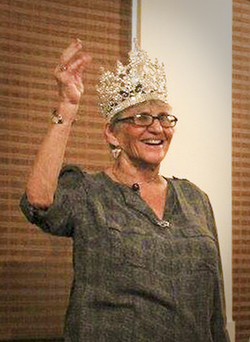 photo courtesy CASA photo courtesy CASA
Camille served for nearly two years on the town’s critical Comprehensive Plan committee, which shapes the direction of any community’s future. Representing the 3rd Ward in crucial meetings, she held to the principles that most of Old Town’s resident’s had expressed: protect and enhance the town’s character while rebuilding. “The attitudes in Old Town have always been positive,” says Camille. “I think that’s how we’ve come so far. Another reason Bay St. Louis has been so successful is that it’s a very tolerant place. People welcome whoever moves here, wanting them to be just as happy and comfortable as the rest of us are.” While Camille has never been afraid to speak her mind, the fact that she’s approaching the 80-year mark has only reinforced her candid nature. She believes that her forthright and honest approach can help the city become an even better place to live in the future. “I’m going to do the best of my ability if I sit on a board,” she says. “And I’ll say what I think. They worst they can do is take me off.” Retired local banker Jeannie Deen has worked with Camille on various community projects through the years. “Camille is not afraid to tackle things she thinks need changing,” says Deen. “She never misses a Second Saturday; she never misses an Art Exhibit. She never misses an election. She knows who is running for office, who she is supporting, and why. She buys locally. She eats out locally. She tells anyone she meets why this place matters and will make every effort to have it matter to them.” But despite her many community supporters, Camille still waves away attention. “The doing of a chore is enough for me. I don’t like titles. I think they have borders - and I don’t want any.” However, a grand title was recently bestowed on Camille – and this particular one, she accepted with good grace, as her Cajun heritage demanded. CASA named her the 2015 Queen of their Mardi Gras Gala. During the organization’s annual benefit ball last January, Camille reigned with vivacious good humor over hundreds of CASA supporters. She’s now put aside the crown she never sought. But the title will probably stick - at least as a nick-name among friends who want to tease her. And besides, “Queen Camille” simply seems to fit. Enjoy this feature?
Enjoy the Shoofly Magazine? Reader donations help underwrite correspondents who write about and photograph our community.
Use the button below to join our Readers’ Circle! Comments are closed.
|
Categories
All
Archives
July 2024
|
Shoofly Magazine Partners
Our Shoofly Partners are local businesses and organizations who share our mission to enrich community life in Bay St. Louis, Waveland, Diamondhead and Pass Christian. These are limited in number to maximize visibility. Email us now to become a Shoofly Partner!

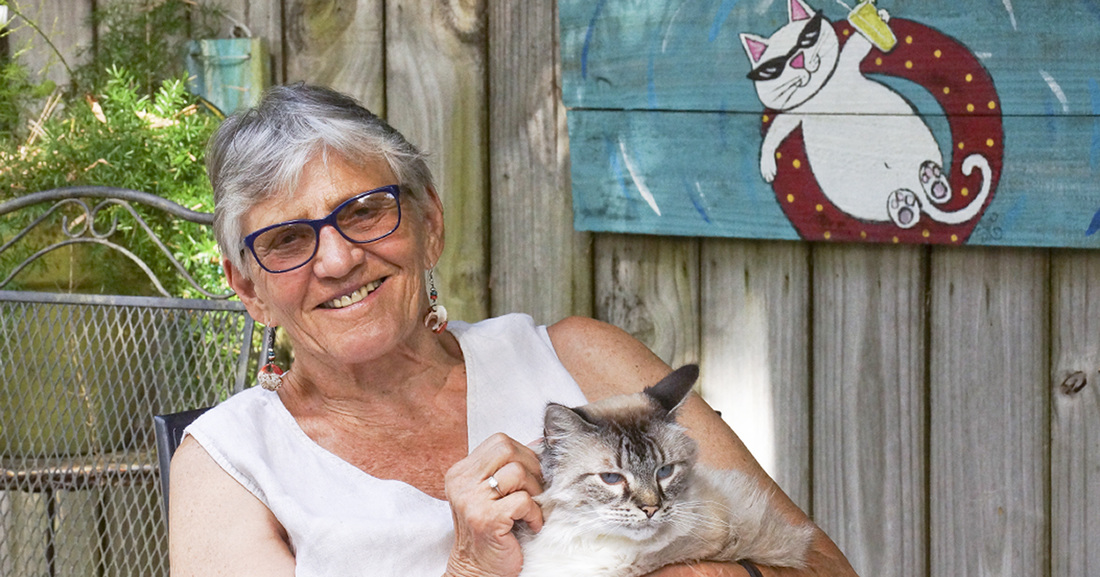


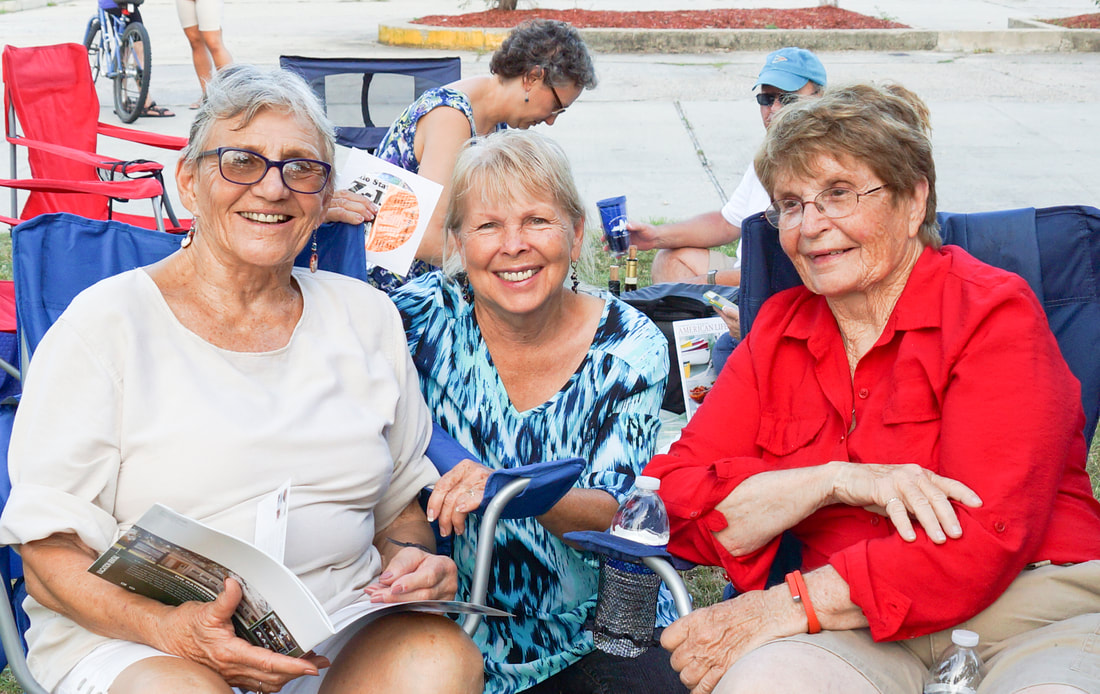
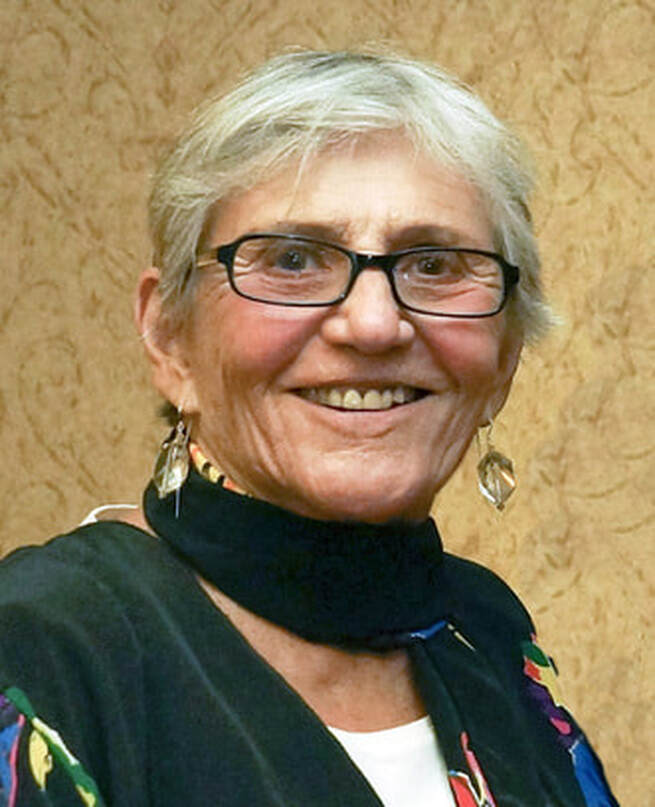
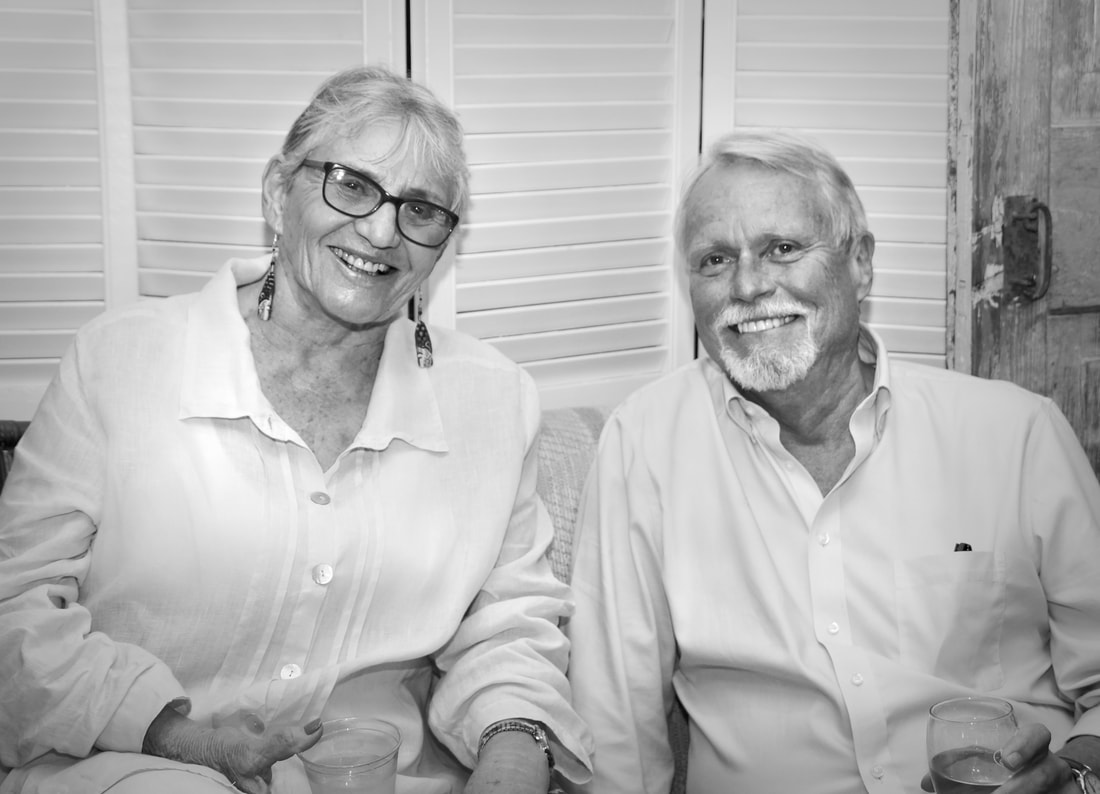
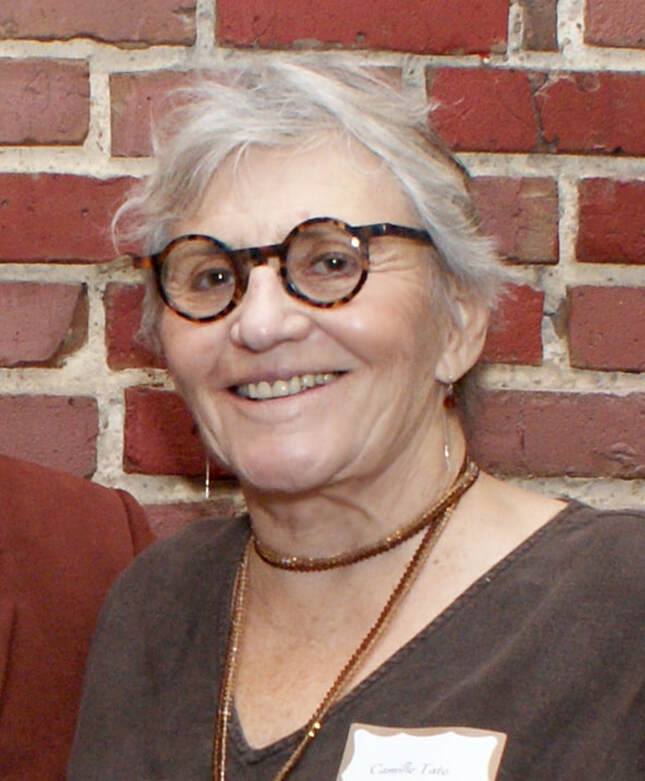
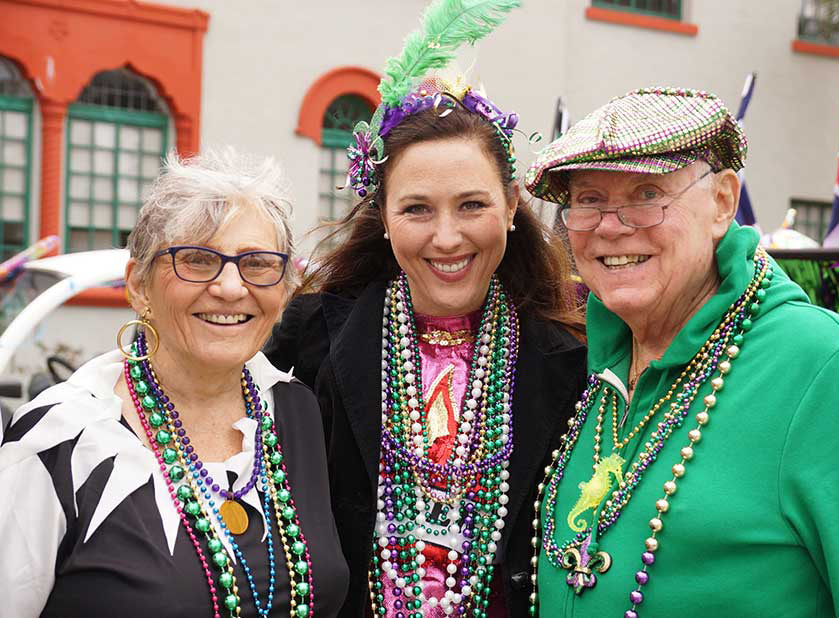
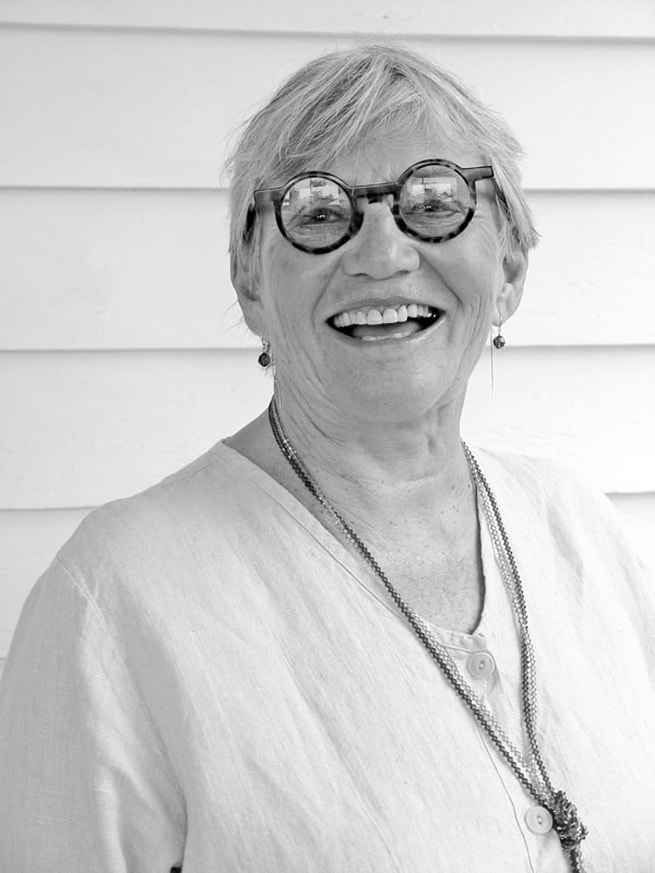
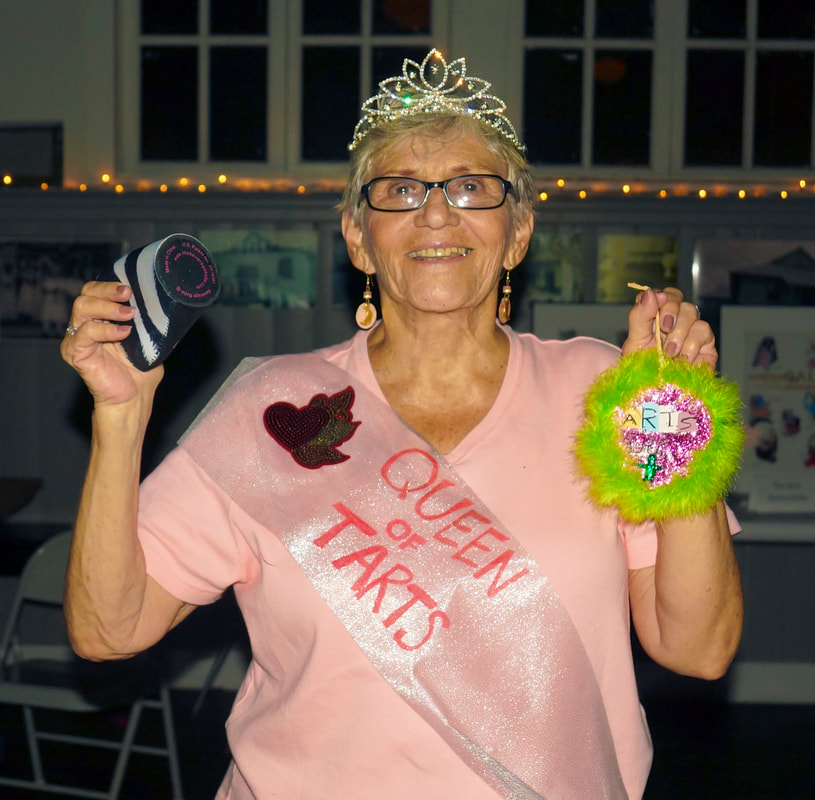
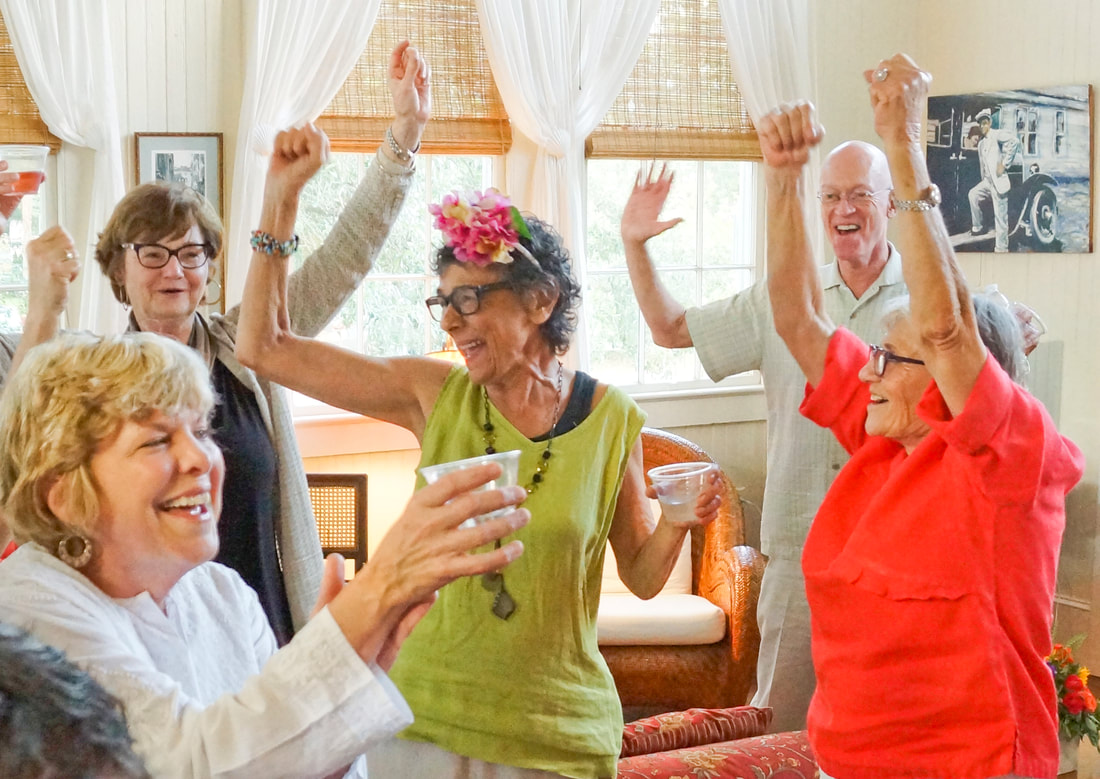


























 RSS Feed
RSS Feed























